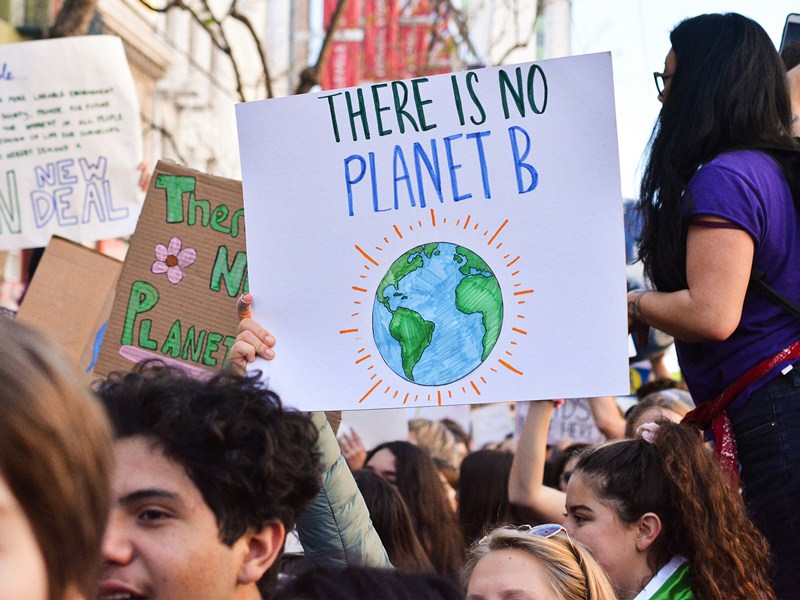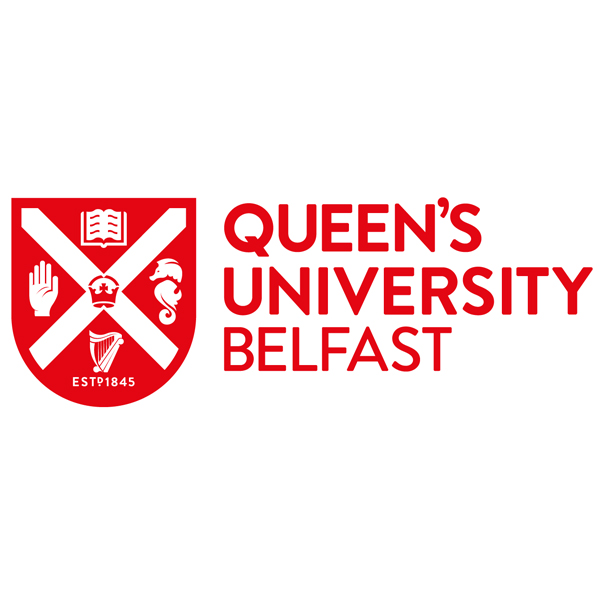The role of higher education in the move towards a post-growth future
Although the post-growth economic model is gaining traction, the higher education space could do more to encourage buy-in from policymakers

Setting itself apart from other ideologies, green politics challenges the existing capitalist growth-based economic model by acknowledging the negative impact of continuing on the current trajectory. In an episode of the THE Connect podcast, host Ashton Wenborn spoke with Queen’s University Belfast’s John Barry, a professor of green political economy and director of the Queen’s Centre for Sustainability, Equality and Climate Action. They discussed what this means in practice and the benefits it could unlock.
“Green politics is unique in that it’s based on science, unlike a lot of other ideologies,” Barry explained. “Nothing in nature grows forever. Everything in the natural world develops, reaches a state of homeostasis, and then continues in a steady manner. Our problem is that a capitalist, growth-based economy has no negative feedback mechanism. It grows and grows, or it collapses. The issue from a green political point of view is that the planet isn’t growing.”
Green politics also differs from other ideologies on a moral and philosophical level because it is non-anthropocentric. It’s not just about looking at the rights and interests of humans but at the rights of nature, extending justice and moral concern beyond the human world.
Of course, the concept of a post-growth economic model is easier to discuss than it is to implement. As the philosopher Frederic Jameson said: “It’s easier to imagine the end of the world than the end of capitalism.” The pursuit of growth underpins every aspect of society and the way we measure success.
“While capitalism is a human concept, that doesn’t negate the stickiness of the concept,” Barry said. “It’s a common misunderstanding that a post-growth model means heading back to the caves. In reality, it’s about accepting our planetary boundaries. In a post-growth economy, we want to grow the renewable energy sector, wind down fossil fuels, reduce armaments, and increase funding for the NHS. So, a post-growth mindset remains consistent with growth in certain sectors of the economy.”
While there certainly are productive aspects of the post-growth model, they don’t necessarily look like those seen within other so-called sustainable initiatives like green growth or the circular economy. “Existing models of environmentally friendly growth are based on techno-myths,” Barry said. “We have to be honest about the challenges for which there are no technical solutions. Most people aren’t interested in GDP as a measure of growth. What they want are jobs, clean air and decent public services. The post-growth perspective asks whether we can have all these things without the need for growth.”
Admittedly, getting buy-in from policymakers and governments to shift towards a post-growth model is not easy. Ensuring that the Global South, which so often faces the most damage from the existing capitalist model, is included in any discussions may be even more difficult.
“We need to decolonise as well as decarbonise,” Barry noted. “The destruction we now see comes as a direct result of the burning of carbon in places like the US and Europe. We owe countries in the Global South reparations. It’s a strict matter of justice.”
Universities and educators have an important role to play in creating the right conditions for making a post-growth world a reality. It’s a role were, despite some good work in the education sector, more could be done.
“The planet is on fire but we in the university system are behaving in a business-as-usual manner,” Barry said. “We have a high level of eco-anxiety among our students, but we don’t really talk about it. I feel very strongly that every university student in Britain and Ireland, regardless of degree programme, should have a mandatory module that talks about the causes, consequences and solutions to our current situation. I think we’re failing in our duty of care to the younger generation if we’re not doing that.”
